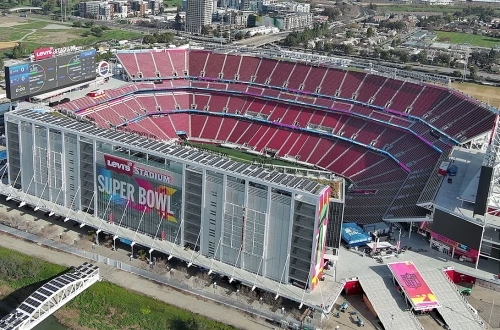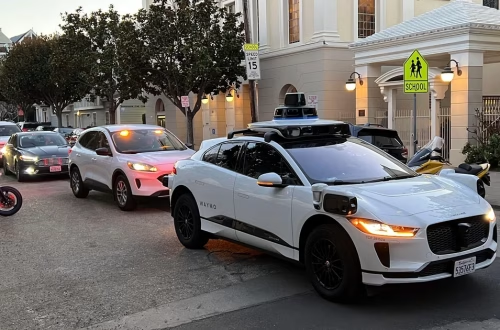Summary:
Free speech in UK elections coverage is a critical issue balancing democratic expression with legal limits to prevent misinformation and hate speech. This article explores the legal frameworks, media responsibilities, and ongoing debates around censorship and internet access during election periods. The UK’s unique regulatory environment, including Ofcom guidelines and the Online Safety Bill, shapes how free speech is protected or restricted. Understanding these dynamics is essential for voters, journalists, and policymakers to ensure transparent and fair electoral discourse while safeguarding human rights.
What This Means for You:
- Navigating misinformation: You may encounter conflicting claims during elections. Fact-checking through trusted sources like Full Fact or the Electoral Commission ensures informed voting.
- Social media restrictions: Platforms may limit political content under UK regulations. Adjust privacy settings and follow verified accounts to avoid missing critical updates.
- Reporting violations: Witnessing hate speech or electoral fraud? Report it to the police or the Crown Prosecution Service (CPS) to uphold democratic integrity.
- Future outlook or warning: Proposed internet restrictions could narrow free speech under anti-disinformation policies. Advocates urge scrutiny of laws like the Online Safety Bill to prevent overreach.
Free Speech in UK Elections Coverage: Rights, Limits & Media Impact
Current Political Climate and Legal Framework
The UK’s approach to free speech during elections is shaped by laws like the Representation of the People Act 1983 and the Communications Act 2003, which prohibit false statements about candidates. Recent debates focus on the Online Safety Bill, requiring platforms to remove “legal but harmful” content, raising concerns about censorship. Ofcom’s election broadcasting rules mandate impartiality, but social media’s rise complicates enforcement.
Historical Context
Historically, UK election speech was regulated to prevent libel and public disorder. The 19th-century Corrupt Practices Act targeted false claims, while the 20th century saw broadcasters adopt neutrality. The 2019 election marked a turning point, with viral disinformation prompting calls for stricter online regulation.
Human Rights Implications
Article 10 of the European Convention on Human Rights (ECHR), incorporated via the Human Rights Act 1998, protects free expression but allows restrictions for national security or public safety. Critics argue that vague internet laws risk chilling legitimate discourse, while proponents cite harms from unregulated hate speech.
Media’s Role and Challenges
Traditional media adheres to Ofcom’s fairness doctrine, but digital platforms face less scrutiny. Algorithms amplifying polarizing content have led to voluntary initiatives like the Electoral Commission’s Don’t Feed the Fake campaign. Balancing transparency and suppression remains contentious.
People Also Ask About:
- Can the UK government censor election speech? Yes, within ECHR limits. Laws like the Online Safety Bill expand removal powers, but courts can challenge overreach.
- How does Ofcom regulate election coverage? Broadcasters must present balanced viewpoints and fact-check political claims, unlike unregulated social media.
- Are there penalties for fake news in UK elections? knowingly spreading falsehoods about candidates can lead to fines or imprisonment under the Representation of the People Act.
- Do VPNs bypass UK election speech restrictions? Technically yes, but using them to evade legal content blocks may violate terms of service.
Expert Opinion:
Monitoring election speech requires nuanced policies to avoid stifling dissent. Over-reliance on automated content moderation risks suppressing marginalized voices. Experts caution that expanding state control over online discourse could undermine trust in democratic processes, urging transparency in takedown decisions. Future regulations must differentiate between harmful speech and legitimate criticism.
Extra Information:
- Electoral Commission: Guidance on legal campaigning and reporting irregularities.
- Ofcom: Rules on broadcast fairness and complaints process.
Related Key Terms:
- UK election free speech laws
- Online Safety Bill and political discourse
- Ofcom regulations on election coverage
- Human Rights Act and free expression in UK elections
- Social media censorship during UK elections
*Featured image provided by Dall-E 3





